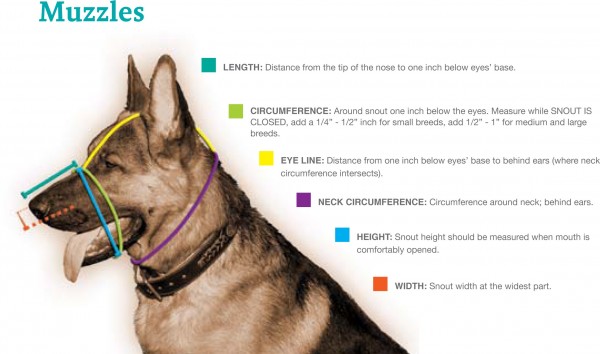The experts at injury law specialists, Patient Claim Line, share their thoughts with the DogBuddy community on the UK and US legal systems surrounding dangerous and banned dog breeds.
UK vs US: Approaches to Laws on Dangerous and Banned Dogs – and Injuries
In the UK and across the world, what’s generally known as ‘breed-specific legislation’ covers a raft of laws which tend to focus on dogs and particular dog breeds. Laws vary from country to country, and in the US, dog laws vary from state to state, rather than there being a single set of federal laws. However, the Marine Corps, some US Army, Air Force and Navy installations have banned certain large dog breeds such as pit bull-type breeds. Some local governments have also banned dogs or restricted them.
In the UK, a single set of laws applies. The Dangerous Dogs Act 1991 covers all dogs, and goes into more detail about specific breeds that are banned in the country. In the UK it’s illegal to own, breed, sell or even give away a Pit Bull Terrier, Japanese Tosa, Dogo Argentino or a Fila Brasileiro. These offences carry a penalty of up to £5,000 or a six-month prison sentence.
Under the Dangerous Dogs Act, it’s illegal for any dog to be ‘dangerously out of control’ in a public or private place, including in the owner’s home. When a dog is ‘out of control’, that means it causes actual injury or even just a fear of being hurt, or could possibly injure an owner if it tries to rescue their own dog from attack. Incidents like this could mean a fine of up to £20,000, a prison sentence up to six months, or even both depending on the severity of the attack. The dog could also be destroyed.
‘Just a nip’ from your dog can see you end up in court. The law in England and Wales tends to take the side of the victim of a dog attack, even if it was unintentional, such as the case on a recent episode of TV court show Judge Rinder.

UK TV Judge Rinder. Source: TV Rage
The case resulted from a tussle between the dogs owned by Greg Veneziani and Rose Lawson, with Mr Veneziani sustaining bites on his hand when he feared his husky dog would be harmed by Ms Lawson’s Staffordshire bull terrier – not an aggressive breed, but the dog itself was said to have ‘growled at people’ on occasion.
Mrs Lawson maintained that she has done nothing wrong, but had been warned to muzzle her dog when out in public. In this case Judge Rinder found in favour of Mr Veneziani, because Ms Lawson’s dog was deemed ‘dangerously out of control’ as it caused an injury. Mr Veneziani was able to get away with a few stitches in that case.
Georgia Briscoe, the head of the legal team at PatientClaimLine.com – one of Judge Rinder show’s sponsors – noted that dealing with dog bites can turn into a serious, life threatening situation and in these cases it’s best to seek legal advice for compensation.
In the US, the legislation around banned dogs, general dogs and injuries isn’t standard across the country, but there’s a tendency towards banning and restricting dogs breeds that could be used in dog fighting. In some states they’re banned outright; in others merely restricted.

Muzzle measurements. Source: DT Dog Collars
There are different approaches to banned dogs and dog bite injuries or fatalities, which comes down to the laws and the state. Should all dogs be muzzled in public, and ownership of certain dog breeds be strictly regulated? Should compulsory measures such as chipping, neutering and insurance be put in place? There’s also the question of whether the legislation and education for owners needs to be overhauled across the country, rather than have laws specific to particular breeds.
Regardless of the law on either side of the Atlantic, it’s wise to muzzle your dog if it could be considered aggressive, even if it’s otherwise well-socialised.
Check out our Pinterest Board on different breeds here.
